Inspired by guest Veronique Greenwood‘s three-part series (part 1, part 2, part 3) about learning a foreign language, some of the contributors to LWON volunteered for a week’s worth of essays about their own encounters with the challenges of linguistics.
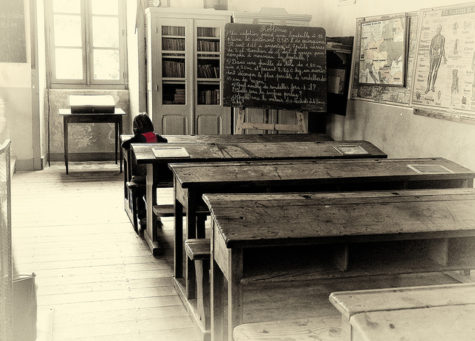
This week, we’ve been looking at what it’s like to learn a new language as an adult. Kids seem to pick up languages easily, and I’d always hoped I could give mine a new language when they were young. (So far, my attempts have been less than successful—I spoke my poor excuse for Spanish to my oldest son until he was about two, and he finally said, “Mama, stop talking like that!”)
For some kids, the language they’re learning is more appealing than in my case—so much so that they start losing their native language. That’s what Joana Moscoso and Tatiana Correia learned was happening in the UK with kids whose parents came from Portugal. The two researchers had made the same journey themselves as adults—originally from Portugal, both came to the UK for their PhDs, Moscoso in microbiology, Correia in materials physics.
The two researchers were concerned—they knew that being bilingual could provide many benefits. People who speak more than one language may have greater mental flexibility, have better memories and better ability to concentrate. They also have may have better job opportunities. These researchers didn’t want students to lose their native language—but sometimes, they’d stop speaking to their parents in Portuguese. “They think their home language is obsolete, that it’s only used for boring things like brushing your teeth,” Moscoso says.
So the pair rounded up some colleagues and planned a science class for kids in an afterschool Portuguese class. They designed it to be like speed dating with a scientist; kids would get a chance to talk with every scientist about their research. They’d make it feel casual, so kids felt comfortable asking any question they had. And they’d do it all in Portuguese. Continue reading


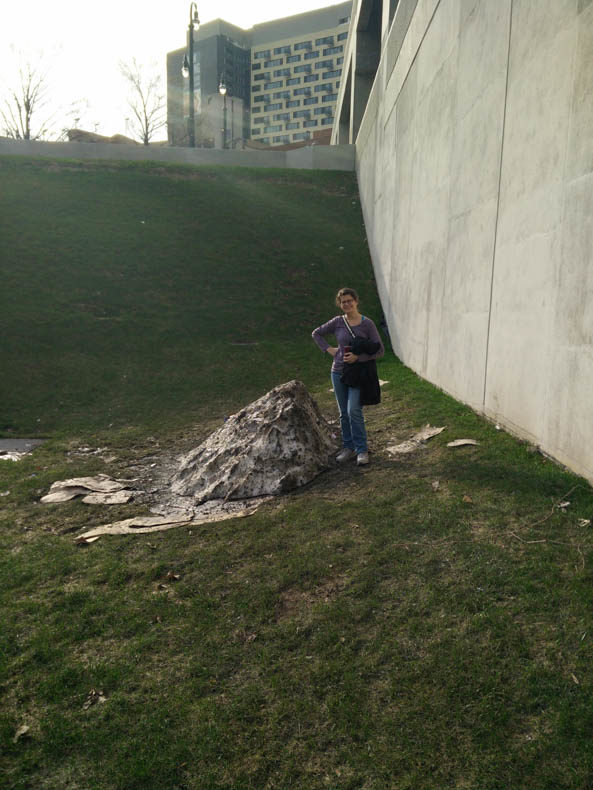

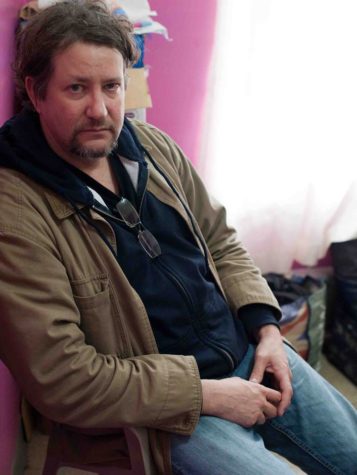
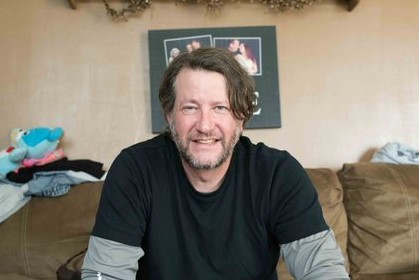
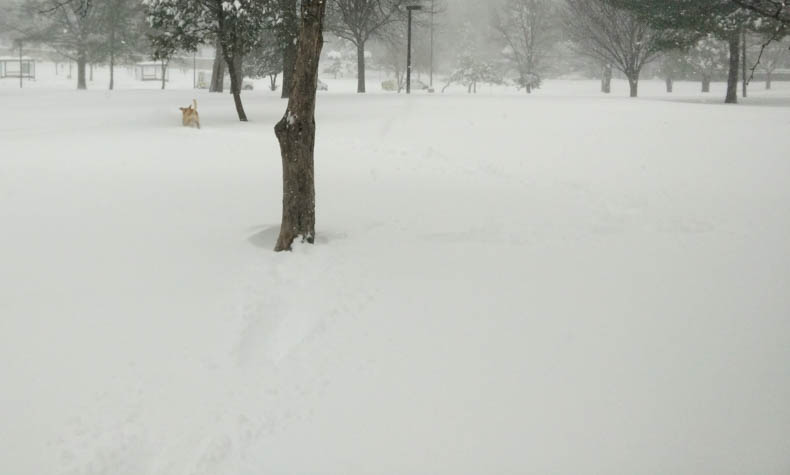 I love
I love 